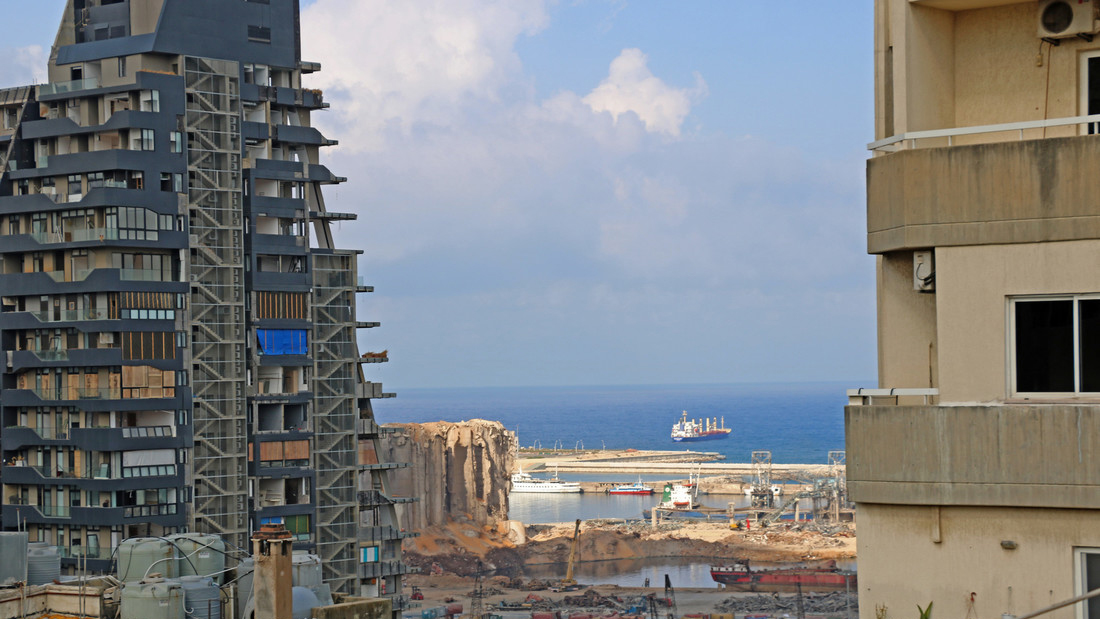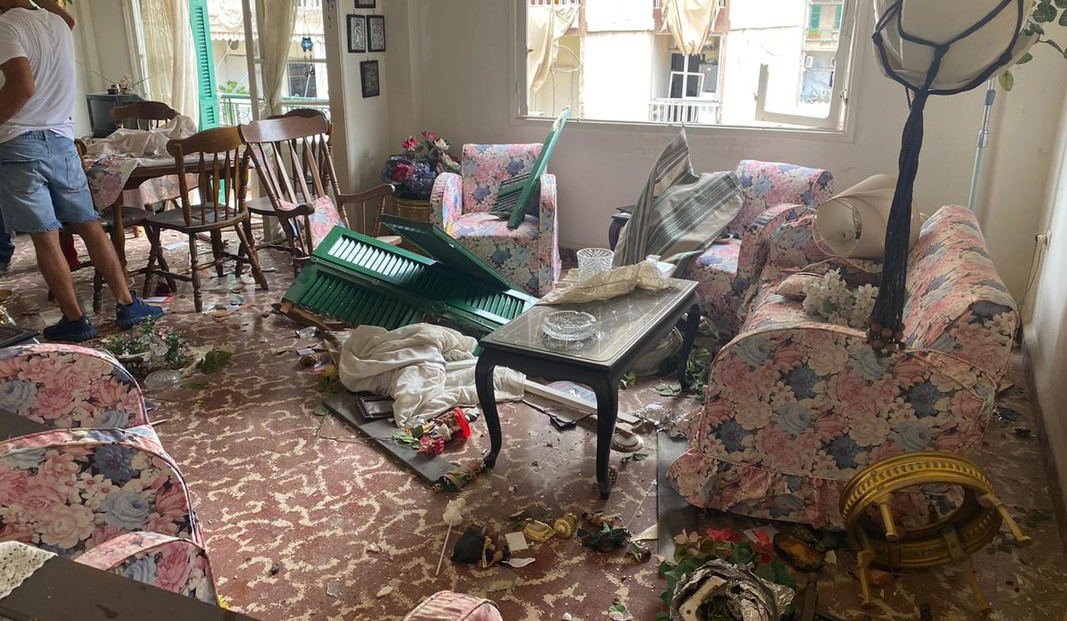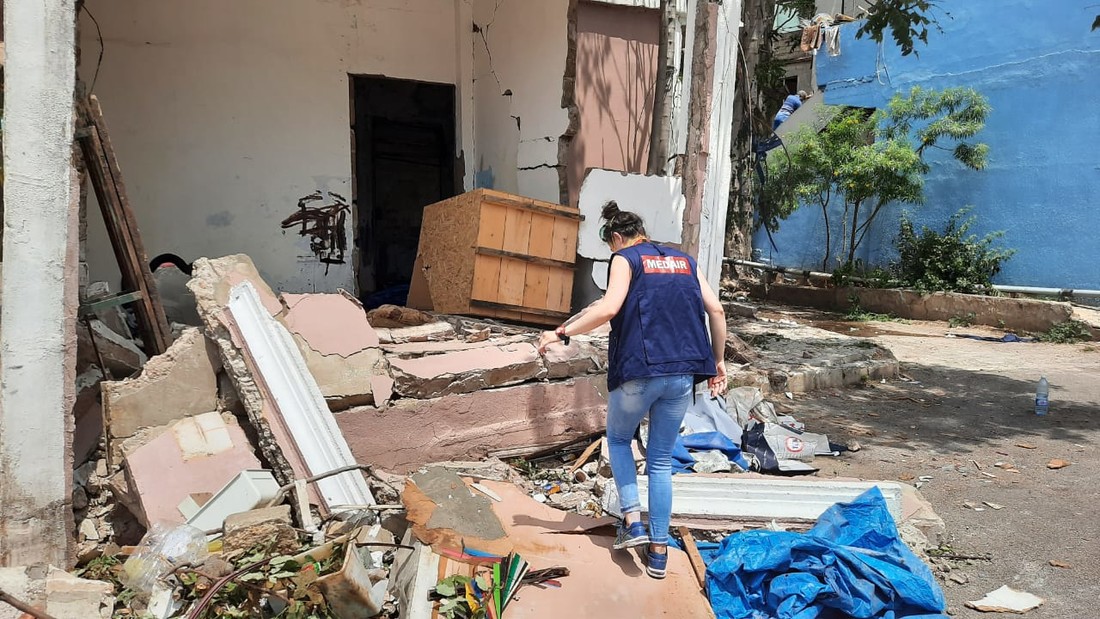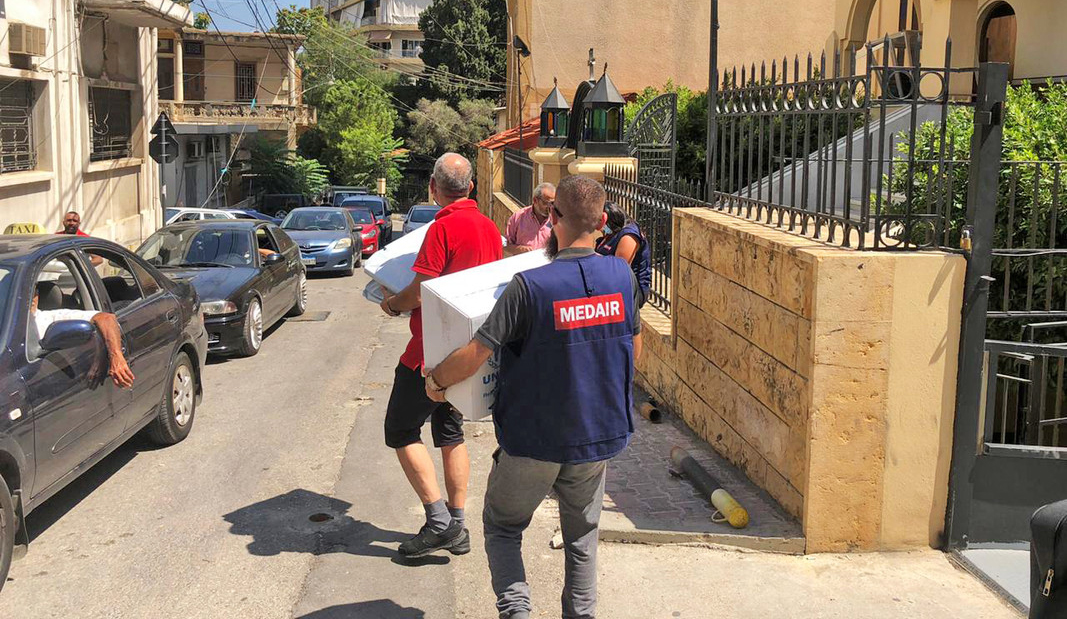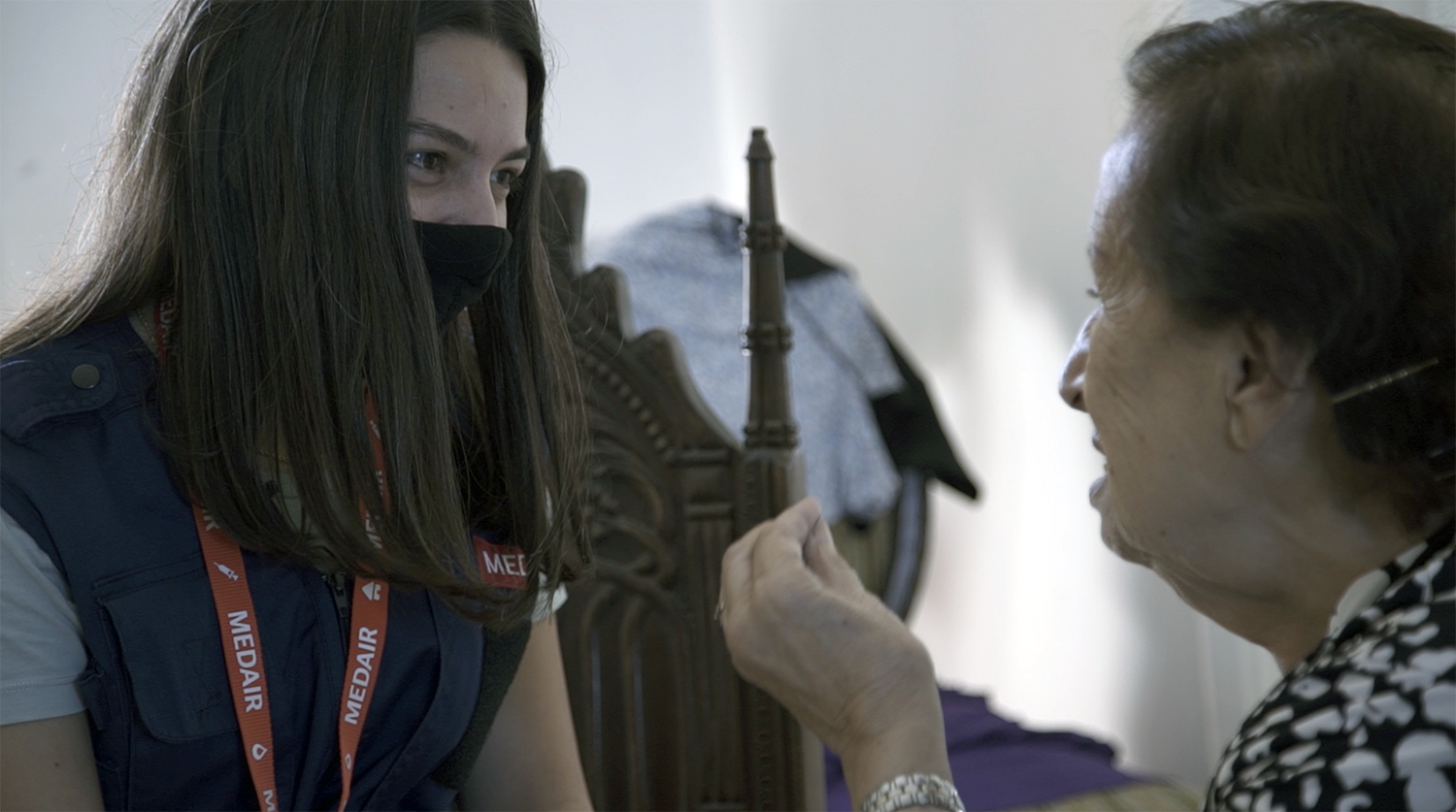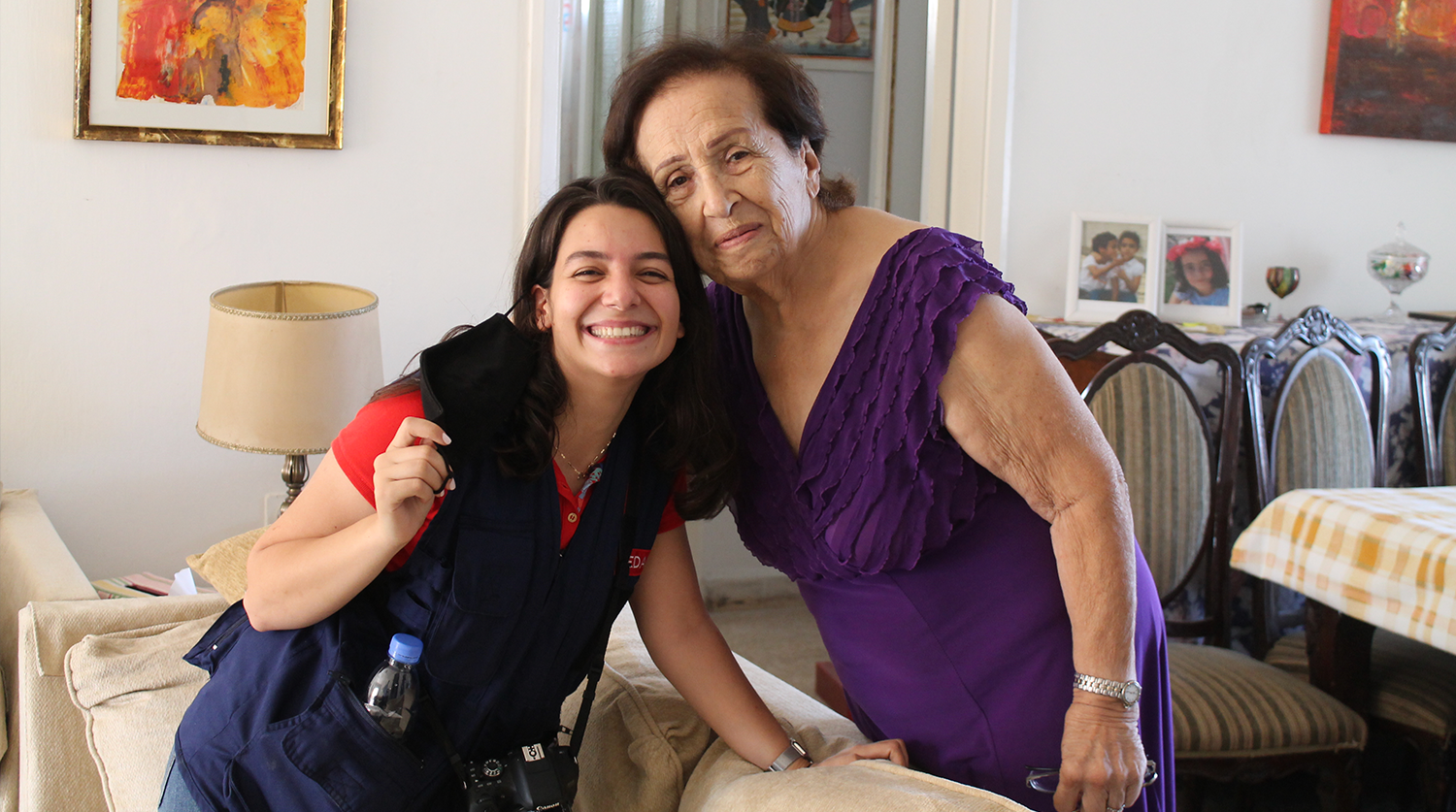Beirut Emergency Response
Communication Strategy, Empathy, Collaboration
2020
____
Medair is an international humanitarian organization with a mission to help those suffering from the effects of conflict, displacement, and natural disasters.
THE CHALLENGE
On 4th August 2020, Beirut was shaken by an enormous explosion that severely damaged the city and displaced more than 300,000 people from their homes. As the communications lead of Medair Lebanon, I joined the emergency response team to provide immediate support and raise awareness of the situation.
Amid this event, Lebanon, the country with the highest number of refugees per capita globally, struggles with economic collapse, and the Covid-19 pandemic.
THE OUTCOME
A human-centered, timely, and flexible end-to-end communications strategy that empowers affected communities to co-design Medair’s emergency programming while engaging foundations and donors to provide support.
IMPACT
Medair, through the help of generous donors, delivered urgent humanitarian relief to more than 19,000 individuals in Beirut by providing emergency mental health support and shelter assistance.
(1) View of Beirut port after the explosion (2) Inside a damaged house in Beirut (3-4) Medair colleagues responding.
THE PROCESS
Listen, observe and think together
Within 36 hours of the blast, our team mobilized a needs assessment team to discover the needs of people. Joining the needs assessment team, I asked open-ended questions to different groups of survivors. One person told me, “I want to fix my heart before my home.”
By the end of the first few days, we shared observations and stories during strategic calls, bringing people from all teams to identify patterns in people’s experiences, like the need to be heard and feel safe.
Framing people’s insights into questions like ‘how might we help survivors feel heard and safe as quickly as possible?’ and ‘how might we inspire people to rescue Beirut people amid the C-19 pandemic and an economic collapse?’ brought more possibilities into our response.
We connected with local communities to shape the response, established a referral system for people who needed additional help and engaged with global donors to raise funding.
Connecting with a resilient survivor from Beirut (on the left).
Call to converse
From team reflections and survivors’ stories to arranging online webinars and several on-site visits, our messaging focused on the ‘call to converse’ rather than the ‘call to give.’ In addition, we sought regular feedback from both supported communities and contributors, including donors, partners, and Medair employees, to improve the programming and messaging.
Medair responding in Beirut.
Lessons Learned
Personally, the Beirut response taught me that if we hear people really well, we can help them recover faster. That is only possible if we invite people to co-design our services and communications by bringing their voices forward. I learned that compassion makes us better humans.


